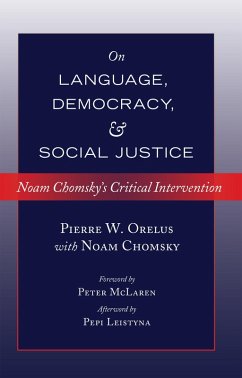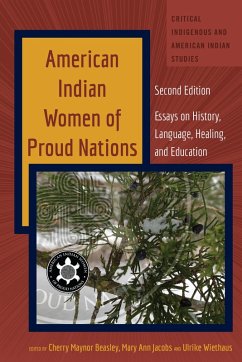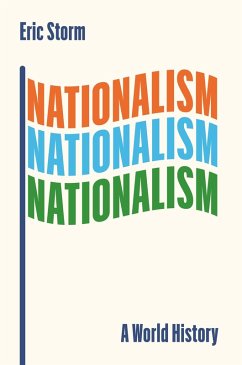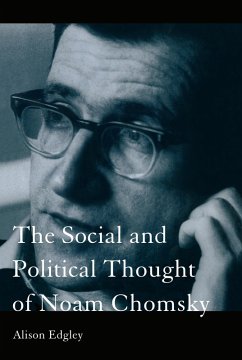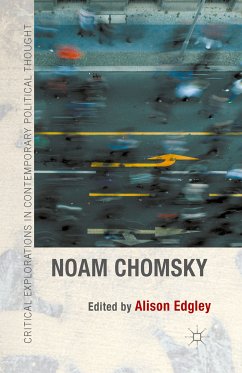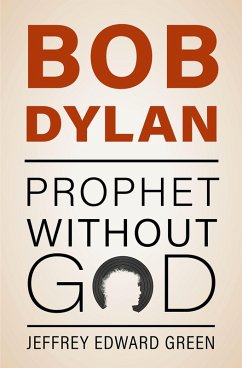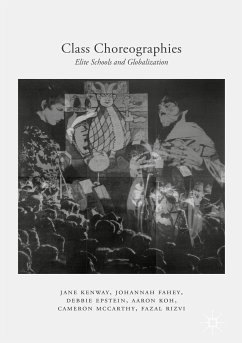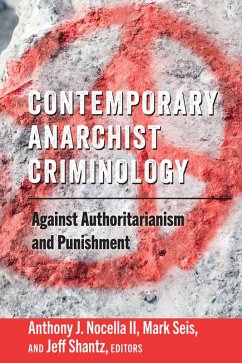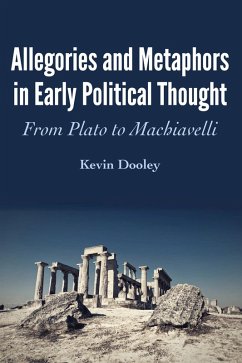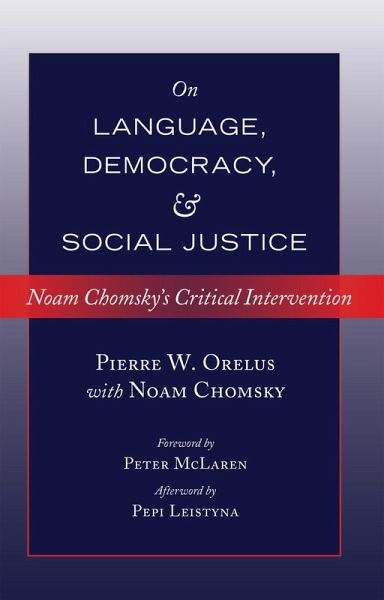
On Language, Democracy, and Social Justice (eBook, PDF)
Noam Chomsky's Critical Intervention- Foreword by Peter McLaren- Afterword by Pepi Leistyna
Versandkostenfrei!
Sofort per Download lieferbar
Statt: 44,25 €**
38,95 €
inkl. MwSt.
**Preis der gedruckten Ausgabe (Broschiertes Buch)
Alle Infos zum eBook verschenkenWeitere Ausgaben:

PAYBACK Punkte
19 °P sammeln!
Every century has witnessed the birth of a few world-transcending intellectuals as well as talented emerging scholars. Noam Chomsky and Pierre W. Orelus are no exception. Using dialogues exchanged over the course of nine years, combined with heartfelt critical essays, Chomsky and Orelus analytically examine social justice issues, such as unbalanced relationships between dominant and subjugated languages, democratic schooling, neoliberalism, colonization, and the harmful effect of Western globalization on developing countries, particularly on the poor living in those countries. On Language, Dem...
Every century has witnessed the birth of a few world-transcending intellectuals as well as talented emerging scholars. Noam Chomsky and Pierre W. Orelus are no exception. Using dialogues exchanged over the course of nine years, combined with heartfelt critical essays, Chomsky and Orelus analytically examine social justice issues, such as unbalanced relationships between dominant and subjugated languages, democratic schooling, neoliberalism, colonization, and the harmful effect of Western globalization on developing countries, particularly on the poor living in those countries. On Language, Democracy, and Social Justice offers a unique perspective on these issues. Educators and scholar-activists interested in challenging the long-standing status quo to inspire transformative social, educational, and political change must read this book.
Dieser Download kann aus rechtlichen Gründen nur mit Rechnungsadresse in A, D ausgeliefert werden.




